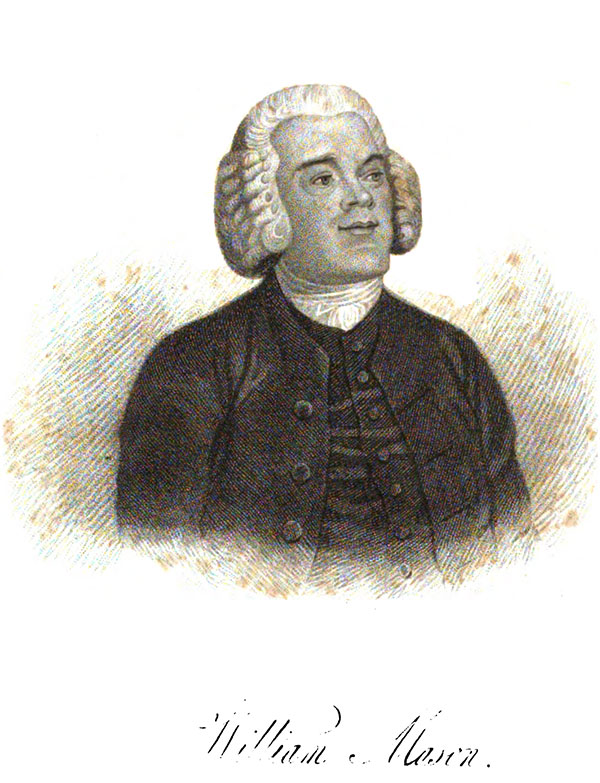Keep your eyes on Christ

William Mason
Today's Devotional
No man having put his hand to the plough, and looking back, is fit for the kingdom of God—Luke 9:62 KJV.
The eye, though a little member of the body, is perhaps of all others the greatest inlet to temptation. The first motion to sin entered by seeing. Eve saw that the fruit was good and pleasant to the eye. Looking brought into being longing. In this way lust was conceived and brought forth sin. Sin, when it was finished, brought forth death upon her and all her posterity.
When Satan dared to tempt Jesus, he began his attack by presenting to his view the kingdoms of the world and their glories. From this we see how important it is, with Job, to make a covenant with our eyes and with the psalmist to pray daily, “Turn my eyes away from worthless things” [Psalm 119:37 NIV].
Most deplorable indeed is it to turn away from following Jesus, and make shipwreck of faith and a good conscience. Whether it be a minister or a disciple who has put his hand to the gospel plough, if his eyes are attracted to, and his heart allured after, the lust of the flesh, the lust of the eye, and the pride of life, these will render him unfit for the kingdom of God. For these are as contrary to the Spirit, frame, and genius of Jesus and his kingdom, as heaven is to hell. No man can serve two such opposite masters. lf you have chosen Jesus for your portion ... why do you look back to the world? What an insult and contempt such conduct pours upon the blessed Jesus….It is as though there was something desirable in Christ and his ways, but not enough to win the heart wholly, engage the affections entirely, and fill the mind with happiness completely.
….A forsaken Jesus, a slighted gospel, and a neglected salvation will wound the conscience with the keenest sting. See to it, you who profess to be Christians, that you watch over your lustful eyes. Beware of your deceitful heart, lest it turn from Jesus to the world.... “But, beloved, we are convinced of better things concerning you, and things that accompany salvation, though we are speaking in this way.” (Hebrews 6:9 NASB).
About the author and the source
As a boy, William Mason (1719–1791), while outwardly moral, had no peace with God until he attended a Wesleyan chapel and found his righteousness in Christ. As a preacher and author, he rose at four in the morning to ransack Scripture for promises and to write the meditations that appear in his Spiritual Treasury. Because of the length and archaic language of Mason’s devotional for today, our rendition is edited more than usual.
William Mason. A Spiritual Treasury for the Children of God. New York: Deare and Andrews, 1803.





